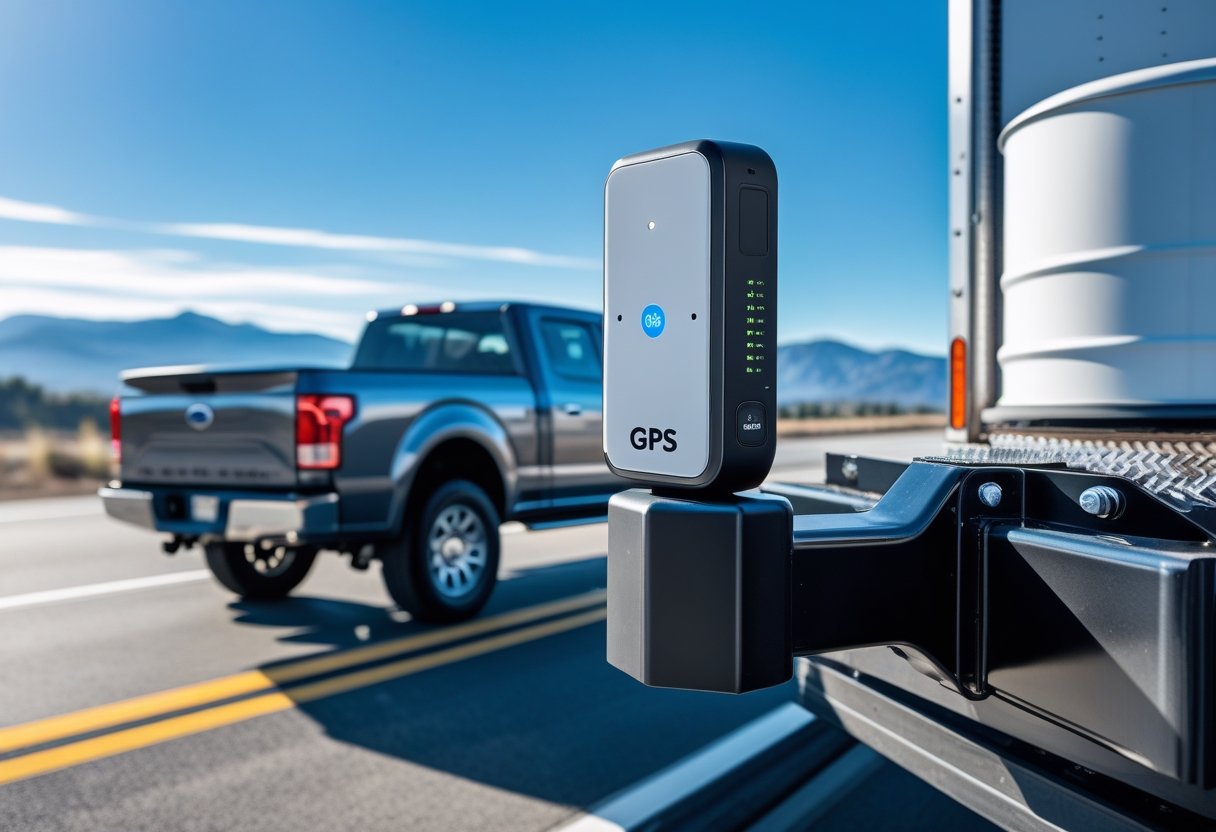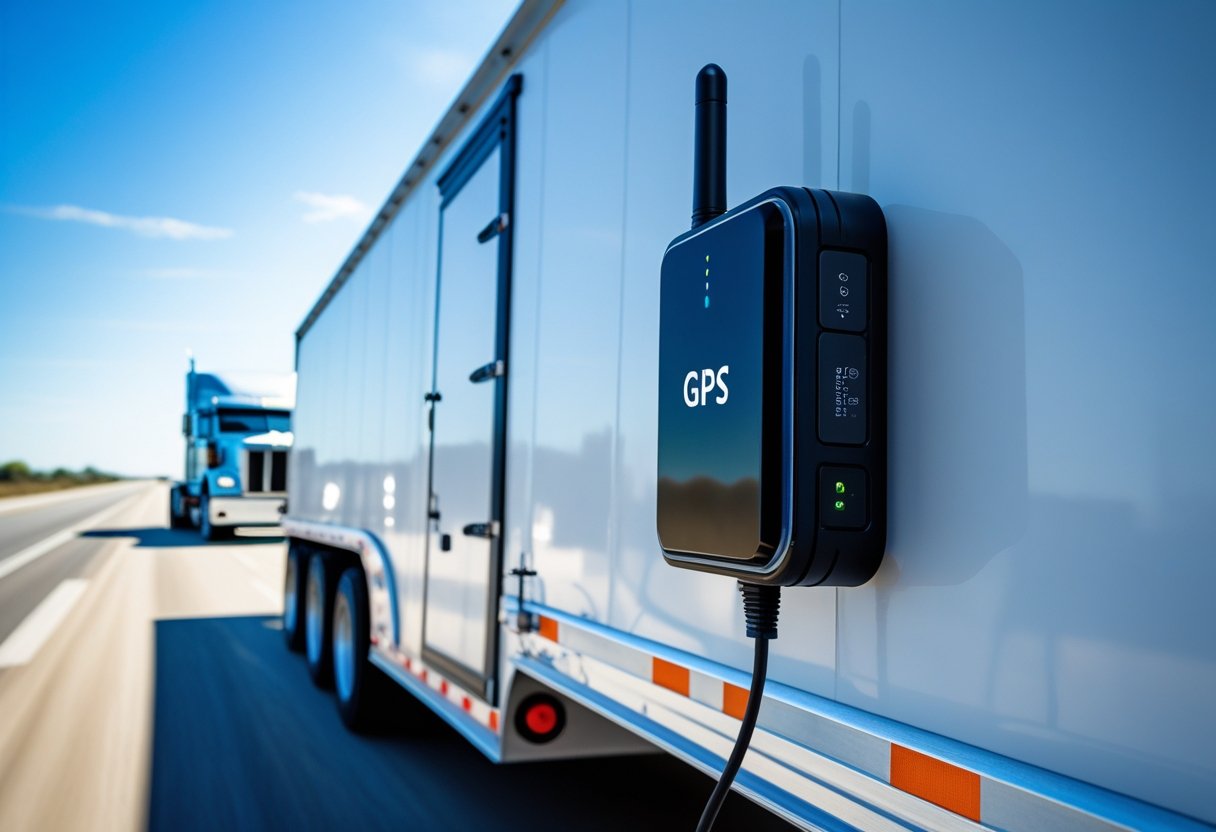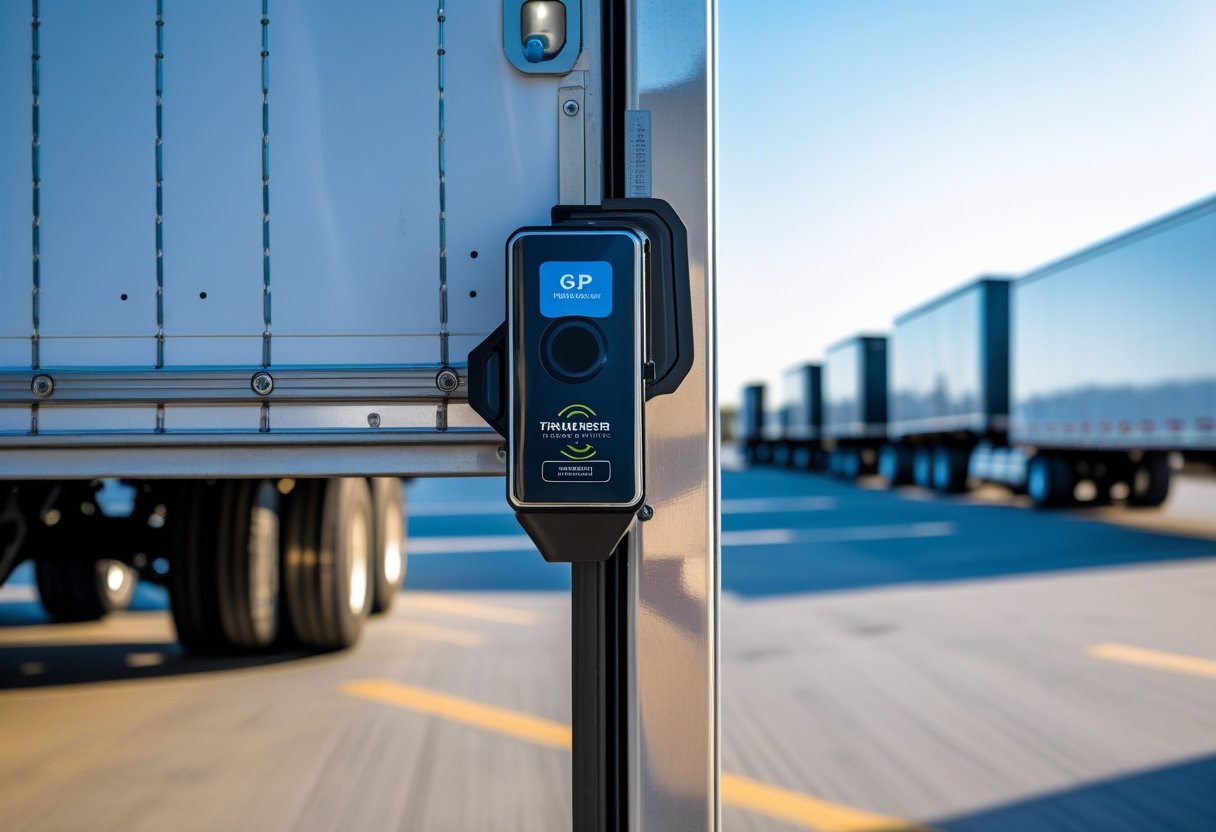How to start saving money
Lorem ipsum dolor sit amet, consectetur adipiscing elit lobortis arcu enim urna adipiscing praesent velit viverra sit semper lorem eu cursus vel hendrerit elementum morbi curabitur etiam nibh justo, lorem aliquet donec sed sit mi dignissim at ante massa mattis.
- Neque sodales ut etiam sit amet nisl purus non tellus orci ac auctor
- Adipiscing elit ut aliquam purus sit amet viverra suspendisse potent
- Mauris commodo quis imperdiet massa tincidunt nunc pulvinar
- Excepteur sint occaecat cupidatat non proident sunt in culpa qui officia
Why it is important to start saving
Vitae congue eu consequat ac felis placerat vestibulum lectus mauris ultrices cursus sit amet dictum sit amet justo donec enim diam porttitor lacus luctus accumsan tortor posuere praesent tristique magna sit amet purus gravida quis blandit turpis.

How much money should I save?
At risus viverra adipiscing at in tellus integer feugiat nisl pretium fusce id velit ut tortor sagittis orci a scelerisque purus semper eget at lectus urna duis convallis. porta nibh venenatis cras sed felis eget neque laoreet suspendisse interdum consectetur libero id faucibus nisl donec pretium vulputate sapien nec sagittis aliquam nunc lobortis mattis aliquam faucibus purus in.
- Neque sodales ut etiam sit amet nisl purus non tellus orci ac auctor
- Adipiscing elit ut aliquam purus sit amet viverra suspendisse potenti
- Mauris commodo quis imperdiet massa tincidunt nunc pulvinar
- Adipiscing elit ut aliquam purus sit amet viverra suspendisse potenti
What percentege of my income should go to savings?
Nisi quis eleifend quam adipiscing vitae aliquet bibendum enim facilisis gravida neque. Velit euismod in pellentesque massa placerat volutpat lacus laoreet non curabitur gravida odio aenean sed adipiscing diam donec adipiscing tristique risus. amet est placerat in egestas erat imperdiet sed euismod nisi.
“Nisi quis eleifend quam adipiscing vitae aliquet bibendum enim facilisis gravida neque velit euismod in pellentesque”
Do you have any comments? Share them with us on social media
Eget lorem dolor sed viverra ipsum nunc aliquet bibendum felis donec et odio pellentesque diam volutpat commodo sed egestas aliquam sem fringilla ut morbi tincidunt augue interdum velit euismod eu tincidunt tortor aliquam nulla facilisi aenean sed adipiscing diam donec adipiscing ut lectus arcu bibendum at varius vel pharetra nibh venenatis cras sed felis eget.
Choosing the best GPS tracker for trailers in the USA is important for security and efficient management. The best GPS trackers offer real-time tracking, geofencing alerts, and reliable battery life for trailer owners.
These features help with quick recovery in case of theft and give better operational control.

Trailer owners and fleet managers benefit from devices with strong designs and good network coverage across the United States. The right tracker gives accurate updates, helping users monitor their trailers on long trips or in storage yards.
Knowing the main features and top options helps you choose wisely. This guide highlights the best GPS trackers for trailers in the USA, focusing on security, reliability, and ease of use.
What Is a GPS Tracker for Trailers?

A GPS tracker for trailers is a device that monitors the location and movement of trailers. It uses satellite signals and cellular networks to give position updates, helping owners secure and manage their assets.
These devices usually provide real-time data and alerts about trailer movement or unauthorized use.
Key Functions of Trailer GPS Trackers
Trailer GPS trackers offer location tracking, theft prevention, and operational monitoring. They attach magnetically or are hardwired to the trailer and send updates through cellular networks.
Key features include:
- Real-time location updates for constant visibility.
- Geofencing alerts for notifications if a trailer leaves a set area.
- Movement detection for alerts on unexpected motion.
- Historical route data for tracking past movements.
These features help fleet managers optimize routes, reduce theft, and ensure timely deliveries.
Difference Between Asset Trackers and Trailer Trackers
Asset trackers and GPS trailer trackers have some features in common but are made for different uses. Asset trackers are general devices for items like machinery or containers.
Trailer trackers are built for trailer security and logistics. They often have:
- Stronger magnets or better mounting for trailers.
- Longer battery life for field use.
- Better cellular connectivity for reliable signals.
Trailer GPS trackers focus more on real-time monitoring and theft prevention for trailers.
How Real-Time Tracking Works
Real-time tracking uses GPS satellites to find the trailer’s location. The tracker sends this data through cellular networks to a platform you can access by app or web.
This system gives:
- Location updates every few seconds or minutes.
- Alerts if the trailer leaves a geofenced area.
- Live monitoring for fleet management and security.
Good connectivity and proper device placement improve tracking accuracy. Reliable tracking helps recover stolen trailers and improves asset management.
Top GPS Trailer Tracker Options in the USA

When choosing a trailer GPS tracker, consider brand reliability, power options, and user feedback. Important factors are real-time tracking accuracy, battery life, installation, and U.S. network compatibility.
Leading GPS Tracker Brands for Trailers
Some top brands for trailer tracking in the U.S. are LandAirSea, Trak-4, Verizon Connect, Geotab GO9, and CalAmp TTU-730.
LandAirSea offers the OverDrive GPS tracker, which is compact and provides accurate updates. Trak-4 has a 12V hardwired GPS tracker that is durable and gets power from the trailer.
Verizon Connect and Geotab GO9 are good for large fleets, offering analytics and more than basic tracking. CalAmp TTU-730 has 4G LTE connectivity and different mounting options.
These brands use trusted cellular networks and features like geofencing and route history to help prevent theft and manage assets.
Comparison of Battery-Powered and Hardwired Models
Battery-powered trackers are easy to install and can be moved easily, but need recharging or battery changes. Models like Piritiz GPS can last several months on one charge, making them good for trailers used less often.
Hardwired 12V trackers, like Trak-4, connect to the trailer’s power, so they work all the time and don’t need battery changes. These are best for frequent use and long trips.
Battery-powered trackers are easier to hide and install. Hardwired trackers have better uptime but require more effort to install.
FeatureBattery-Powered TrackersHardwired Trackers (12V)InstallationSimple, magnetic or adhesiveRequires wiring to powerPower SourceRechargeable batteryTrailer’s electrical systemUptimeFew weeks to monthsContinuousBest Use CaseOccasional or remote trailersDaily, long-haul trailers
User Reviews and Industry Ratings
Users say accurate real-time tracking and reliable alerts are most important. LandAirSea’s OverDrive GPS is liked for its ease of use and good location data.
Trak-4’s 12V model is praised for continuous power and rugged build, especially in tough conditions. It is valued for fleet management and theft prevention.
Verizon Connect and Geotab GO9 get high marks for working with fleet management software. Battery-powered trackers like Piritiz are rated well for long battery life, though some users mention signal issues in remote areas.
Essential Features to Consider When Choosing a GPS Trailer Tracker
Picking a GPS trailer tracker means looking at factors that affect efficiency, security, and maintenance. Important points include the device’s battery life, geofencing ability, and durability.
Battery Life and Long-Term Performance
Battery life is crucial since trailers may stay in one place for a long time. Devices with long battery life can last months without charging, which lowers maintenance.
Some trackers use power-saving modes, turning on GPS only when the trailer moves or using BLE (Bluetooth Low Energy) for short-range detection. This helps keep tracking consistent without frequent battery changes.
Good power management balances real-time tracking with periodic updates to save energy and keep data reliable.
Geofencing Capabilities
Geofencing lets users set virtual boundaries. When trailers cross these lines, the system sends geofencing alerts, which helps with theft prevention and route monitoring.
Effective geofencing should allow you to set custom zones for warehouses, customer sites, or routes. Alerts for entry or exit help managers spot unauthorized movement quickly.
Advanced trackers send these alerts to apps or dashboards for immediate action. This helps manage trailer use and improves oversight.
Weatherproofing and Durability
GPS trailer trackers need to handle rain, dust, heat, and impacts. A high IP rating, like IP67 or higher, shows the device is weatherproof.
Durability also means resisting vibration and shocks from transport. The tracker’s case should be strong and made for outdoor use.
This toughness keeps the device working in tough environments, reducing failures and data loss. For trailers in harsh conditions, a durable GPS tracker is important.
Types of GPS Trailer Trackers and Power Options
Trailer GPS trackers differ by power source and connectivity. Each type offers benefits based on trailer use, how you want to install it, and your monitoring needs.
Battery-Powered GPS Trackers
Battery-powered GPS trackers are flexible and easy to install since they don’t need to connect to the trailer's power. Many use long-life batteries that can last 5 to 10 years if used rarely.
They are small and wireless, so you can attach them quickly. These trackers are good for smaller trailers or those without power. If used often, the battery will run out faster and need replacing.
Hardwired GPS Trackers
Hardwired GPS trackers connect to the trailer’s 12V power system. The Trak-4 12v hardwired GPS tracker is popular for reliable tracking in long-term use.
These trackers are usually waterproof and tough. They need more effort to install but give constant monitoring, which is important for commercial trailers or valuable cargo.
Solar-Powered and BLE-Enabled Devices
Solar-powered GPS trackers use solar panels to recharge, so they last longer without manual charging. They work best for trailers stored outdoors but are less useful indoors or in shade.
BLE-enabled (Bluetooth Low Energy) devices help with short-range tracking in yards or lots. BLE tracking adds local asset status without draining the main battery.
Combining solar power with BLE gives low-maintenance tracking, real-time updates, and better battery life.
Benefits of Using Trailer GPS Tracking Solutions
Trailer GPS tracking brings benefits like better security, improved operational control, and easy integration with fleet management platforms.
Security and Theft Prevention
GPS trailer tracking gives real-time location monitoring to help prevent theft. Devices like Geotab GO9 or Verizon Connect trackers send instant alerts if a trailer moves outside a set area.
This quick notification helps respond fast to unauthorized movement. Many GPS systems keep a history of trailer routes and stops, helping spot suspicious activity.
This data can help with insurance claims and may lower premiums. GPS trackers make it safer to park in remote places, as they always report the trailer’s position.
Remote monitoring improves security and reduces downtime from theft or recovery.
Operational Efficiency and Asset Management
Using GPS trailer tracking improves asset management by providing accurate location data. Fleet managers can allocate trailers based on demand and availability.
This reduces idle time and increases utilization rates. Real-time tracking allows managers to monitor delivery progress and predict arrival times.
Managers can coordinate logistics more effectively. This leads to better customer satisfaction through timely updates and reliable service.
Systems like Verizon Connect offer maintenance scheduling tools based on usage data. This helps prevent costly breakdowns.
By analyzing operational patterns, companies can optimize routes and reduce fuel consumption. This also minimizes wear on trailers.
Integration With Fleet Management Systems
Trailer GPS trackers often integrate with fleet management platforms like Verizon Connect and Geotab. This integration centralizes data from trucks and trailers.
Users can combine GPS location data with engine diagnostics and compliance records. This supports better decision-making and streamlines workflows.
Integration enables automated reporting and analytics. These features help identify inefficiencies and plan maintenance.
This connectivity reduces manual management efforts. It also increases the productivity of trailer fleets.
How to Install and Set Up a GPS Tracker on Your Trailer
Installing a GPS tracker on a trailer involves selecting a mounting location and securing the device. Configure the software to ensure reliable communication with the tracking platform.
Proper setup affects both tracking accuracy and device longevity.
Step-by-Step Installation Guide
Choose a discreet and secure location on the trailer for the GPS tracker. Common spots are under the chassis or inside the trailer’s frame.
If the tracker needs hardwiring, connect it to the trailer’s power supply. Follow the manufacturer’s wiring diagram to avoid short circuits.
Attach the tracker firmly using magnets or bolts, depending on the design. Make sure the device has a clear view of the sky for optimal signal.
Power on the device and link it to the GPS tracking platform. Register the tracker using its unique ID and configure settings like geofencing or alerts.
Test live tracking to confirm it updates location data accurately.
Troubleshooting Common Issues
If the tracker does not send location data, check the power source. Weak or interrupted power often causes problems.
Signal issues can happen if the tracker is placed too deep or is surrounded by metal. This can block GPS or cellular signals.
Make sure the SIM card has an active data plan. Check that it is inserted correctly.
If there are software or configuration errors, try restarting the device. A factory reset can also help fix some glitches.
For ongoing problems, consult the user manual or contact support services.



